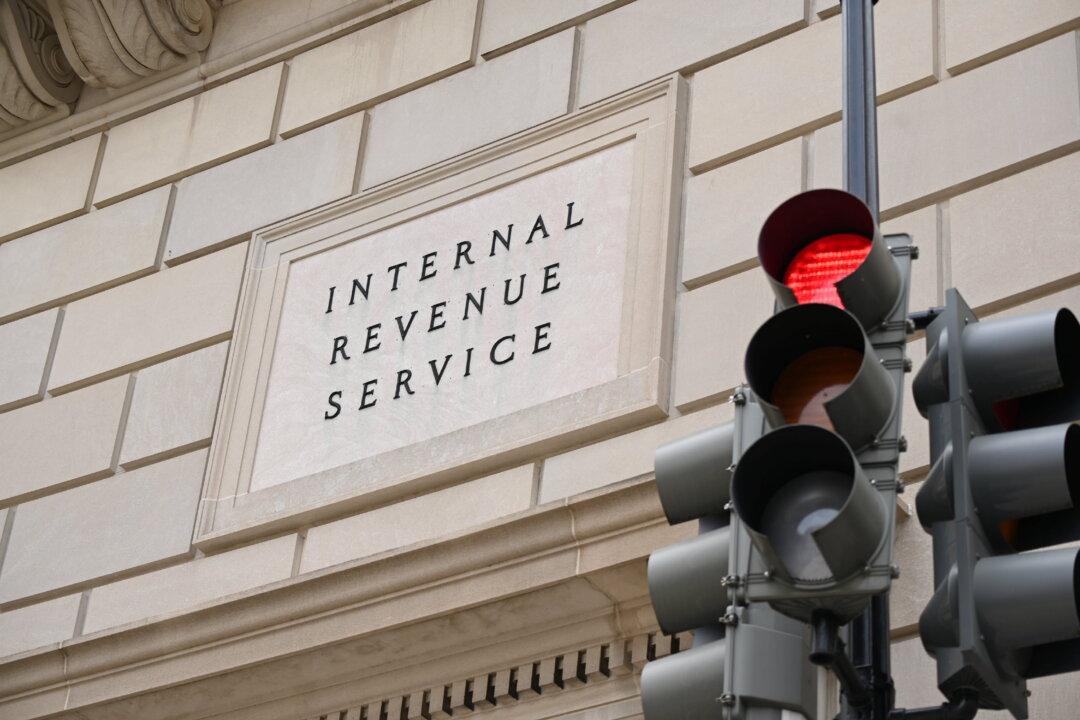The IRS has issued a warning to taxpayers and businesses about unscrupulous promoters who are falsely advertising the availability of Employee Retention Credits (ERCs) in order to gain fraudulent refunds.
Taxpayers have been bombarded with inaccurate information on eligibility and computation of the credit, according to an IRS notice that adds ERC schemes as a new entry kicking off the agency’s annual Dirty Dozen list of tax scams.





